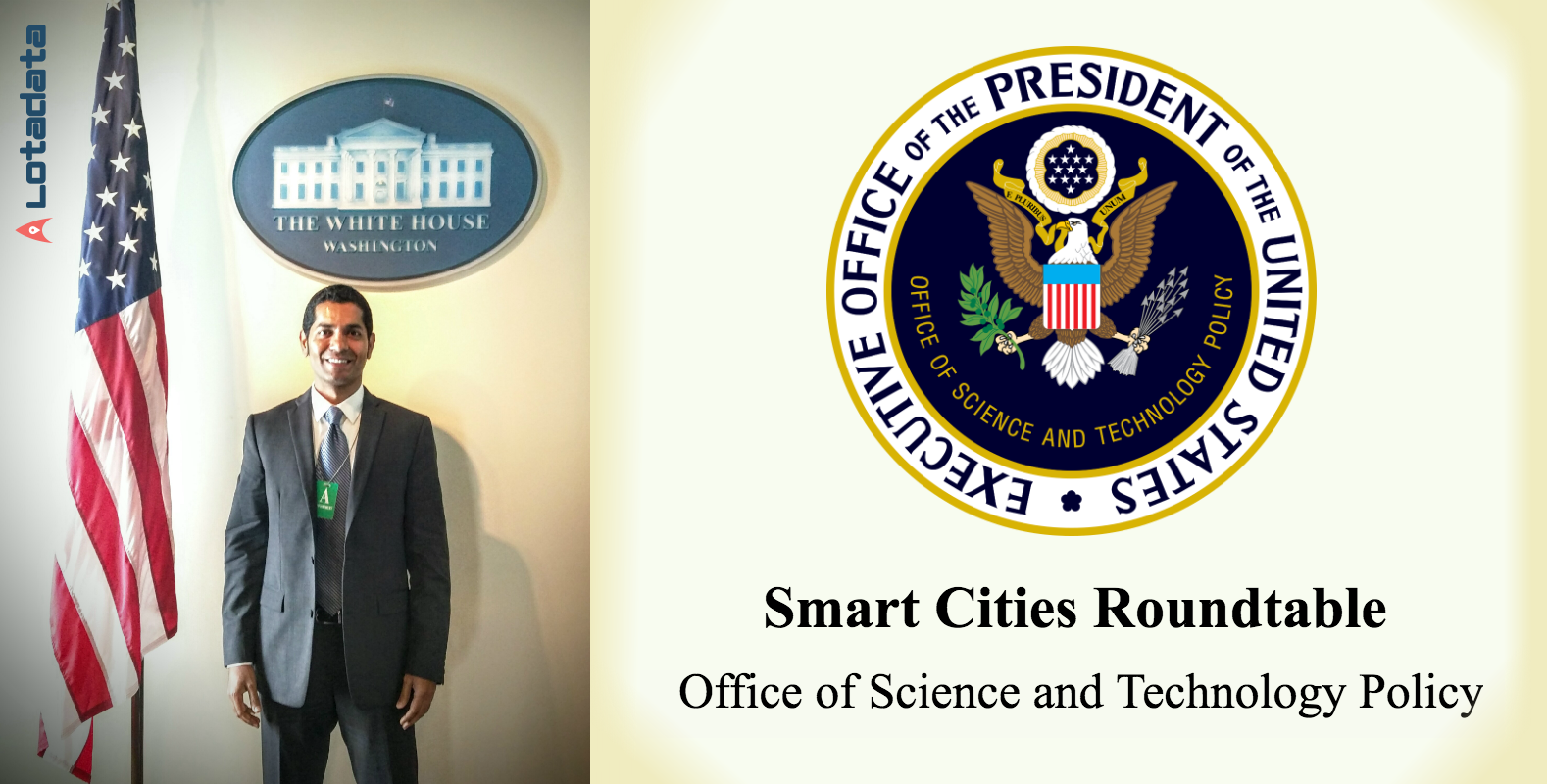When the going gets tough, Camels outlast Unicorns
The Bactrian Camel isn't pretty to the conventional eye. With two oddly large


CITYDATA.ai had the distinguished honor of being invited by President Barack Obama's Office of Science and Technology Policy to the White House Smart Cities Roundtable.
The event was graced by the CTOs and CIOs of the top 10 cities and counties in the United States. CITYDATA was one from a handful of startups selected to attend.
The three main topics of discussion at the roundtable were:
The White House announced $80 million in new federal investment for smart cities initiatives. This investment will encourage cities, federal agencies, universities, and the private sector to work together to research, develop, and deploy new technologies that can make cities cleaner and more equitable.
How does one structure programs for rapid and wide-scale civic innovation? Answer: by inviting top startups to address challenges faced by US cities. The STIR program spearheaded by the City of San Francisco was applauded and acknowledged as the reference template for successful partnerships between local government and technology startups, a template that should be reused by all cities across the US.
DJ Patil's appointment as the Chief Data Officer for the United States has resulted in Open Data initiatives at all levels in government. Most cities in the US have launched open data portals to freely share information with citizens. However, proprietary implementations by vendors furthering custom technologies have resulted in interoperability issues. With the proliferation of IoT sensors, the volume of data generated by cities will grow exponentially over the next decade. Defining and promoting standards is the urgent next step.
Open data is a great start. Setting standards for interoperability will make open data meaningful and truly usable.
There currently are more devices connected to the internet than humans, and this is predicted to continue along an upward trend. It is estimated by 2020 that 26 billion “things” will be connected to the internet, mostly through smart city networks.
These billions of devices and sensors will generate a lotta data, no pun intended. Data provides a deeper understanding of how residents engage with cities. Data is a means for generating insights and making predictions, to fulfill the vision of transforming cities into smarter, better, and happier places for people to live.
This aligns perfectly with CITYDATA.ai and our "People Intelligence" technology platform for cities and local government.